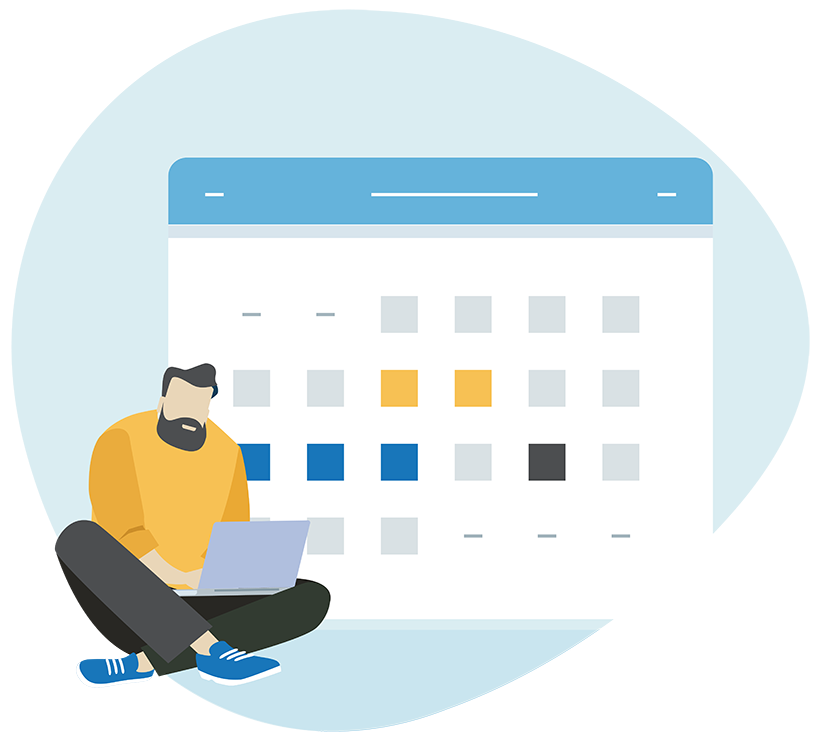Many people approach retirement without a plan, and this can lead to difficulties down the road. There are very few people who believe they will be able to retire when they want. One of the biggest concerns? Running out of money. Some basic planning can help you overcome the fear of never retiring. Even with a small amount of savings, you can build a significant retirement nest egg. If you want to enjoy a comfortable retirement, it’s important to start planning now.
This blog post will outline some tips for getting on track for retirement.
What is retirement?
First of all, what does the term ‘retirement’ mean? The goal of retirement is usually to retire from work, but that doesn’t mean you want to just play golf for the rest of your life. It is possible that you still want to work and earn in some way – just not the same way as you have done in the past.
For this article, we’ll assume that retirement means financial independence. It doesn’t mean you have to spend your days on the beach doing nothing – but it’s possible if you wanted to.
What do I need to become financially independent?
Being financially independent does not necessarily mean being rich. It simply means you won’t have more outgoings than your income and savings over the long run. Putting your ambition in these stark terms allows you to set goals for yourself.
You don’t have to be wealthy to achieve this, but you do need to live within your means. Living a more modest lifestyle means the less you’ll need in the way of assets.
What does this require?
- Paying off debts
- Paying off your mortgage (or being close to doing so)
- Enough income for your daily needs (e.g. from your pension)
- Additional funds to enjoy life
- Sufficient emergency savings
- Pay off debts
Prioritize paying off debts over saving, since the interest on debts will far outweigh the interest on savings. To avoid debt snowballing, you should always make at least the minimum payment on each debt. You should then pay off the debt with the highest interest rate first.
- Pay off your mortgage
Making overpayments on your mortgage is usually a good idea if you can afford it. The upshot is that you’ll pay off your mortgage sooner, but also pay less overall. In general, this is a better use of money than building up savings (though an emergency fund is still necessary).
Make sure that you are not charged excessive penalties by your mortgage provider if you repay the loan early. If you are uncertain about the terms of your mortgage in this area, ask your mortgage broker.
- Work out your basic income needs for retirement
To have an acceptable lifestyle, you’ll need to determine how much you’ll need to spend each year. For now, forget about luxuries and holidays – they will come later. Get a basic idea of your ‘survival budget’.
Assuming you’ve addressed those issues above, you should be able to deduct regular expenses such as mortgage repayments and servicing debt.
In addition, you can deduct any expenses related to your work, such as daily travel expenses. In the same way, if you have children, they will probably be grown up by then. While they may still need financial assistance from you, this will be a discretionary expenditure – so deduct child-related expenses for now.
The goal should be to arrive at a single monthly and/or yearly figure. This is what we call ‘Essentials’. It is important to remember that costs will steadily rise with inflation over time. It is also possible that you will need to find money to pay for care in your final years.
- Work out what you’re spending in retirement
What will your retirement be like? Figuring out the details of this may be the hardest figure to estimate. Think about what kind of car or bike is right for you, where do want to live during these years and how many holidays you are planning.
This may seem difficult but there’s really no way around thinking deeply on these topics before starting anything major. Plan for your future self.
- What income you can achieve in retirement?
Make a list of all your assets to determine where your retirement income may come from.
- Pension pots
- Savings and investments
- Your home (can you downsize or release equity?)
- Other property or assets (to let or sell)
- Other sources of income post-retirement
You can now work out whether your combined assets will be enough to generate sufficient income during your retirement.
Pensions
Now that you know what steps to take, the most important element here will be your workplace or private pension(s).
How much money would you like to have available each month? What are your targets for retirement income? Drawdown, annuities, or a blend of both could be the answer for you – but speak to an adviser first. At SJB, we help you find the best pension solution for your needs. We offer impartial advice on all types of pensions so that you can make an informed decision about what’s right for you.
Find out how we can benefit you.











